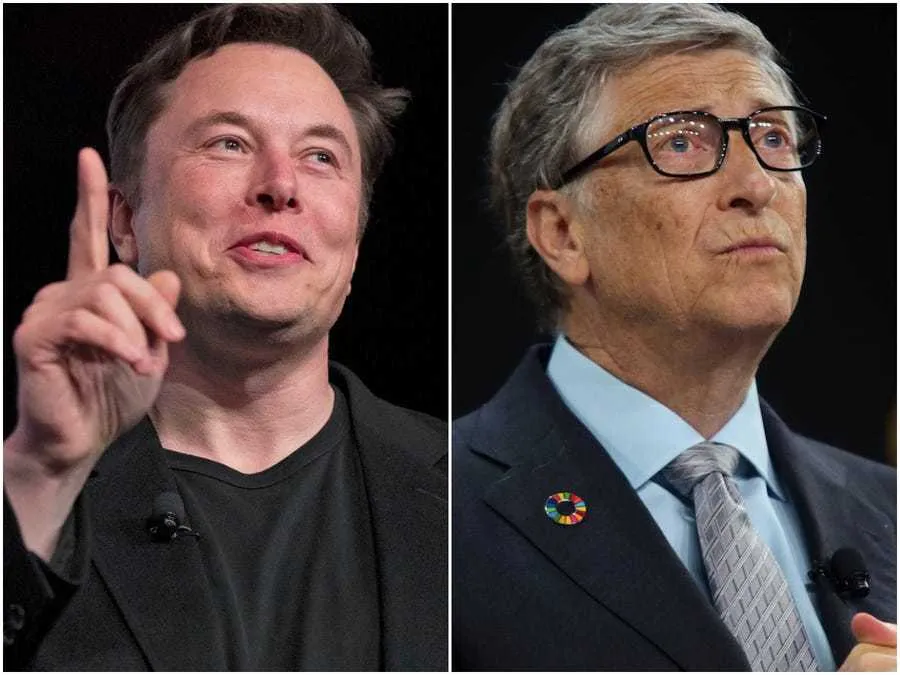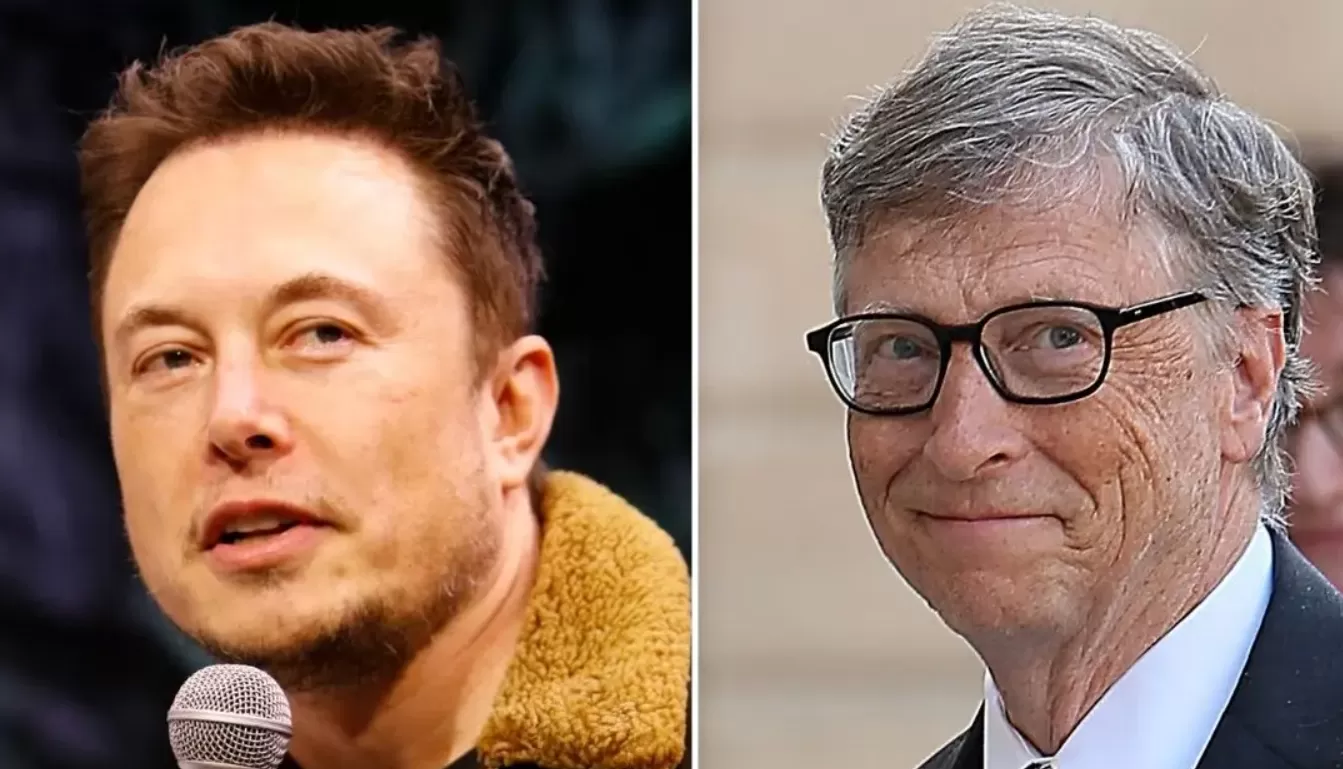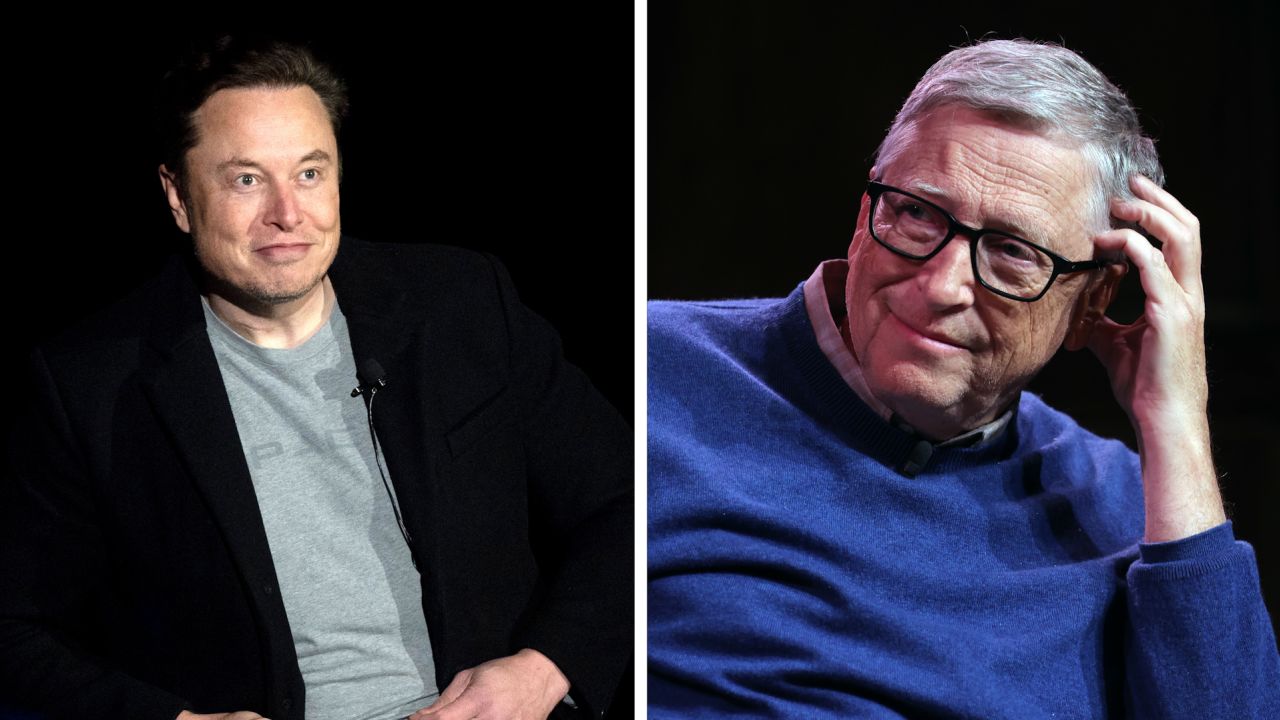The feud between the two billionaires has escalated dramatically, with Musk accusing Microsoft of stifling innovation and monopolizing key areas of the tech world. The rivalry between Musk and Gates is nothing new, but recent events appear to have reignited tensions.

In a surprising turn of events, Elon Musk has called for a mass boycott of Microsoft, founded by Bill Gates. The tech mogul’s call for action has stirred up both shock and curiosity across social media and the tech world. Musk, known for his outspoken views and controversial statements, declared that “everyone deserves to know the truth,” without going into further specifics about the reasons behind the boycott.
The call appears to be the latest in a series of high-profile disputes Musk has had with prominent figures in the tech industry, including his longstanding rivalry with Gates. While Musk didn’t elaborate on the exact issues that led to this latest outburst, it’s clear that his statement is intended to rally people against what he perceives as unethical practices or a lack of transparency from Gates and Microsoft.
Musk’s influence over his millions of followers on platforms like Twitter (now X) means that his statements can have a significant impact, potentially causing a public backlash against Microsoft. While the specifics of the alleged wrongdoing remain unclear, Musk’s call for a boycott is already gaining attention, with some supporters expressing their agreement, while others are left questioning the motivation behind such a bold move.

This development raises the stakes in the ongoing power struggles between Silicon Valley giants and could lead to further tensions between Musk and Gates. Given Musk’s powerful voice in the tech industry, this public call for a boycott will undoubtedly add fuel to an already fiery debate over the practices of major tech companies. How Microsoft and Gates will respond to this challenge remains to be seen, but it seems certain that the rivalry between these two titans is far from over.
Musk took to social media to criticise Microsoft for its alleged “anti-competitive practices”, claiming the company is using its market dominance to suppress smaller competitors in fields such as cloud computing, artificial intelligence and software development.
“Microsoft isn’t fostering innovation; it’s crushing it,” Musk tweeted, sparking widespread debate online.
Musk also criticized Gates’ philanthropic efforts, suggesting that his investments in green energy are overshadowed by Microsoft’s continued reliance on energy-hungry data centers.
While Musk has not provided detailed evidence to back up his allegations, insiders believe the dispute may stem from Microsoft’s recent partnership with OpenAI.
The tech giant has invested billions in the artificial intelligence powerhouse that Musk co-founded but later distanced himself from due to disagreements over its direction.
Musk has been vocal about his concerns about the dangers of uncontrolled artificial intelligence and has frequently criticized Microsoft’s influence over OpenAI.
“AI is one of the most transformative technologies of our time and it shouldn’t be controlled by any one entity,” Musk said in a recent interview.
Musk’s call for a boycott has drawn a mixed response. Some of his supporters have joined him, accusing Microsoft of monopolistic practices and calling for greater transparency in the tech industry.

“I’m with Elon. Microsoft has too much power over our data and our future,” one user posted on X, Musk’s social media platform.
Critics, however, argue that Musk’s comments are hypocritical, given Tesla’s dominance in the electric vehicle market and SpaceX’s growing control over satellite internet services.
“Musk’s criticism of Microsoft for its monopolistic behavior is an exaggeration,” said one technology analyst.
So far, Bill Gates and Microsoft have not issued a formal response to Musk’s comments.
Bill Gates reminded Elon Musk not to make random statements about Covid-19
Gates, who has largely stepped back from Microsoft’s day-to-day operations, had previously refrained from engaging in public disputes with Musk.
Microsoft, for its part, continues to emphasize its commitment to innovation and competition.
In a recent statement unrelated to Musk’s comments, the company highlighted its investments in open source projects and renewable energy initiatives.
The public showdown highlights a growing divide among tech billionaires who have differing visions for the future of technology.
Musk’s libertarian approach, which favors decentralized innovation, contrasts sharply with Gates’ focus on strategic partnerships and philanthropic investments.
Whether Musk’s call for a boycott will have any tangible impact on Microsoft remains to be seen, but one thing is certain: the drama between these two tech titans is far from over.
As the tech world watches with bated breath, the question remains: Will this rivalry push the industry toward greater competition and accountability, or will it simply be another chapter in the saga of billionaires squabbling for power and influence?